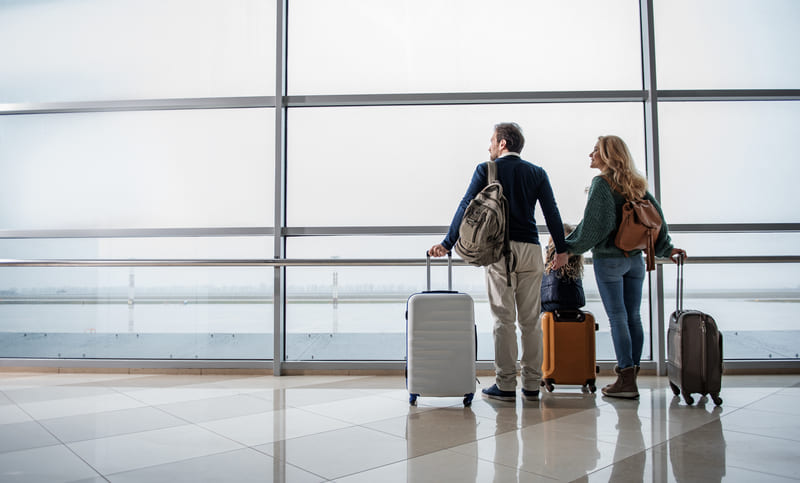What are foreign travelers looking for entry in Europe?
Research from the 2021 Global Passenger Survey (GPS) shows that travelers respond enthusiastically to systems aiming at minimizing delays and shortening queues at airports and other hard borders. To this end, the new ETIAS Europa waiver will be appreciated by all passengers.
The European Union has decided to set up its new visa waiver system to improve travel safety and security within the Schengen area. ETIAS requirements allow passengers to get authorized for entry to Europe if they possess a valid biometric passport, an email, and sufficient funds to pay the minor fee.
The online pre-screening process will take no more than 10 minutes and significantly reduce waiting times and queues, improving the airport’s performance and overall experience.
How will ETIAS secure and share passenger information?
The 2021 Global Passenger Survey also shows that 76% of passengers are willing to share their information if that means fewer delays and faster queues. In short, they are happy to share information to better their travel experience.
Nonetheless, data security remains an issue: travelers want to know how their data will be stored, used, or shared. The ETIAS Central Units, along with National Units and eu-LISA, will employ encryption to safely handle passengers’ personal information. Moreover, they will only keep this information for the duration of the waiver (three years) or five years after the previous ETIAS refusal or annulment.
What information will be collected and shared through ETIAS?
To apply for ETIAS, foreign travelers will only need to provide their personal details, passport data, and health and security information. Multiple security standards enable the safe to cross-check this information across countries’ border officials.
The ETIAS application takes 10 minutes to complete and consists of filling out an ETIAS form as well as answering some questions about prior travel history, criminal record, and so on. The online pre-screening process benefits both passengers and border officials.
The bottom line is that ETIAS will improve the traveler experience by simplifying application, improving border processing, enhancing health and security, and most importantly, saving passengers time and headache at airport queues and ports of entry.
Note that holding an ETIAS does not guarantee entry in Europe: the border officials at the port of entry have the final say. Moreover, border officials may ask to provide further documentation that certifies whether the information you provided is accurate. For example, they may ask for proof of a return ticket or of sufficient funds for your stay in a Schengen country. Therefore, we encourage travelers to be as accurate and as in-depth as possible during the application process.
